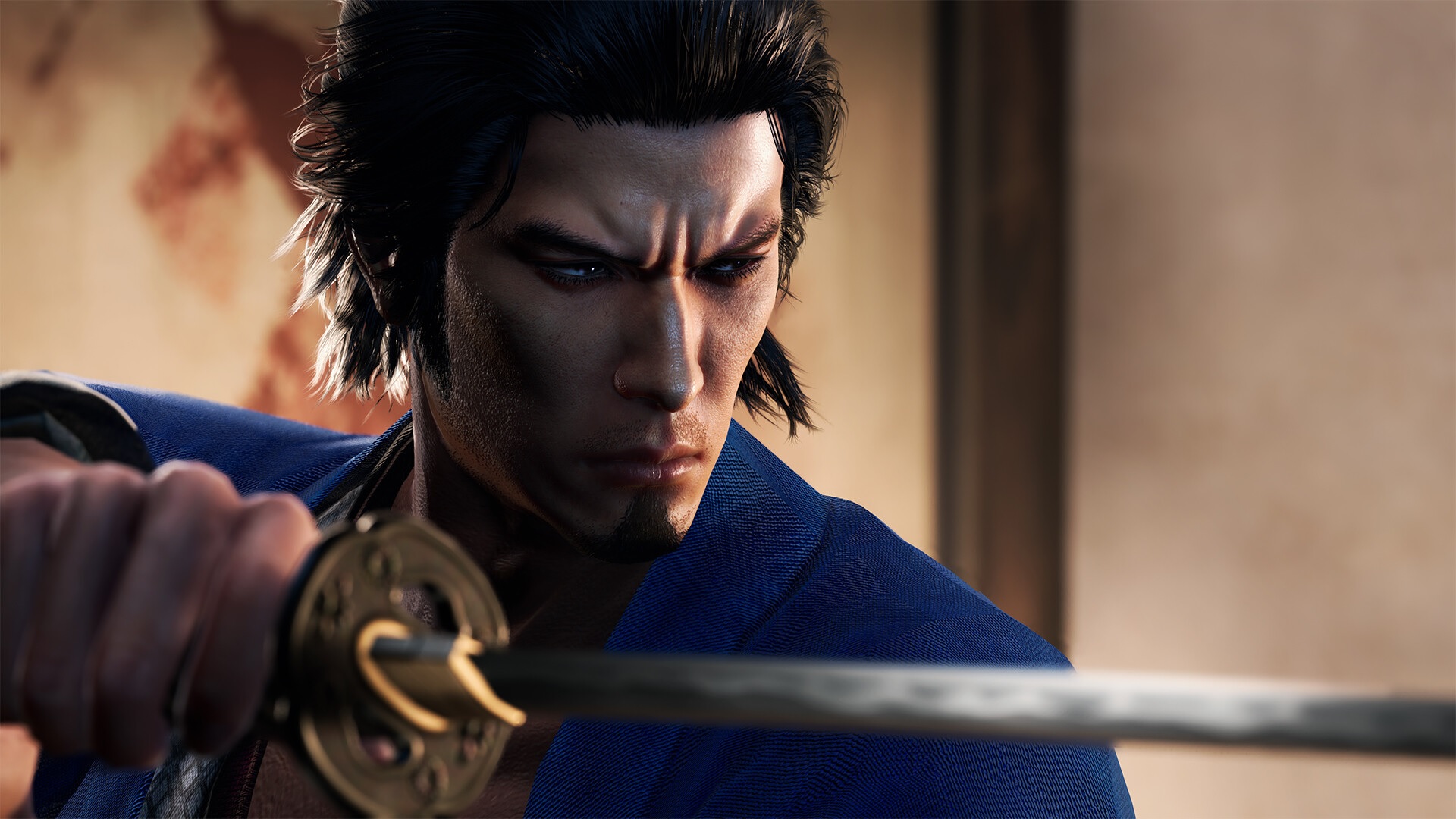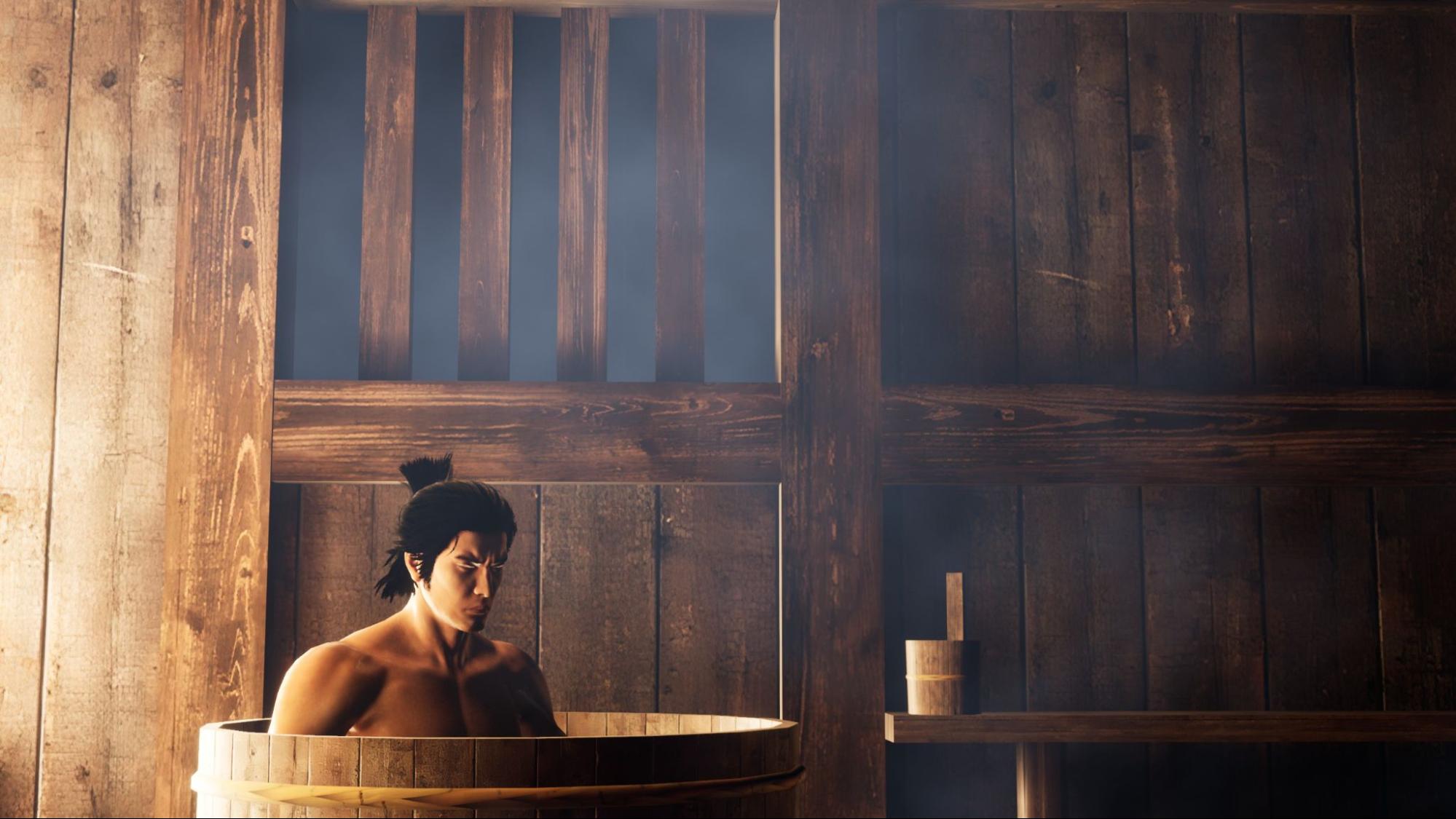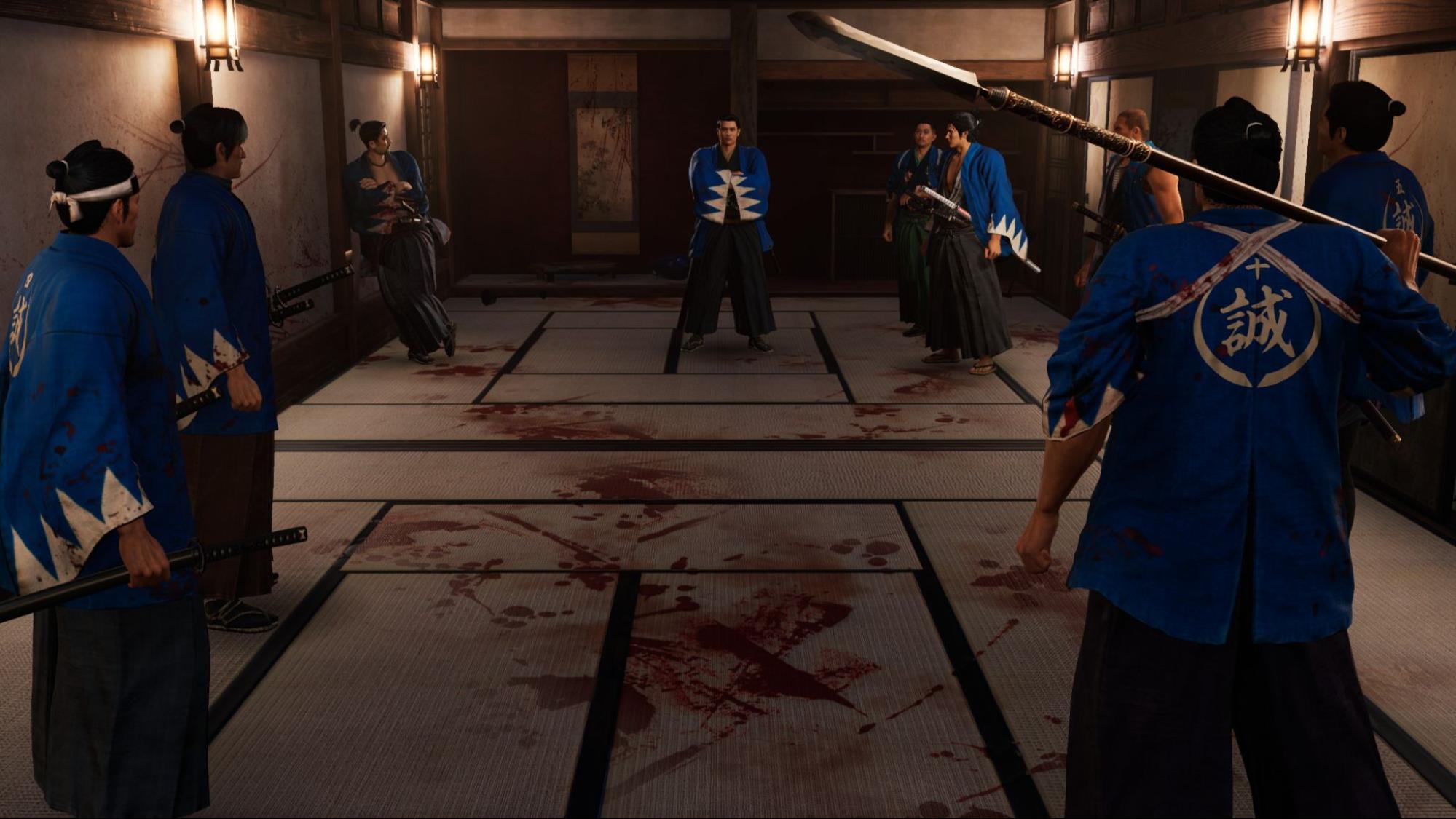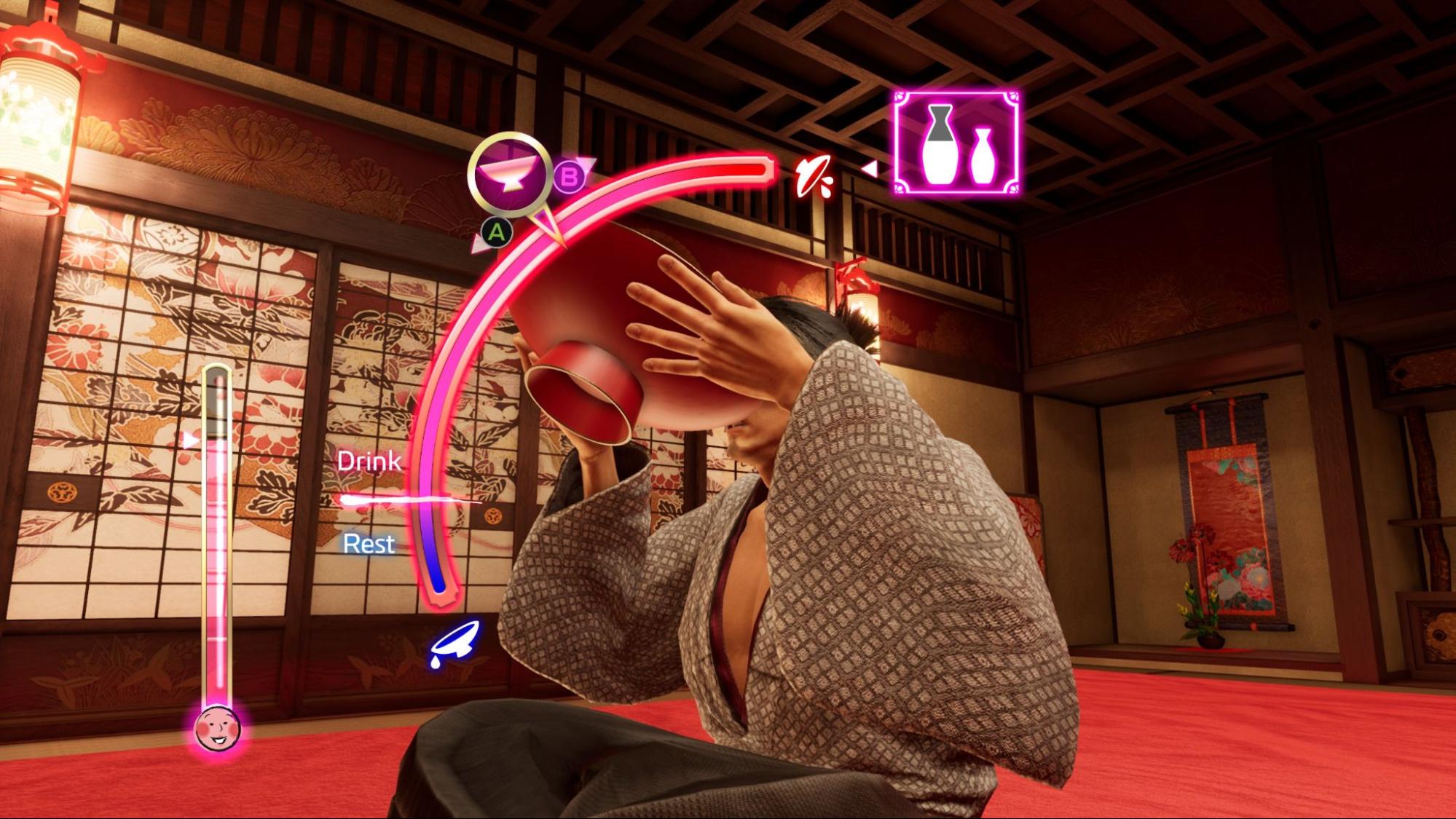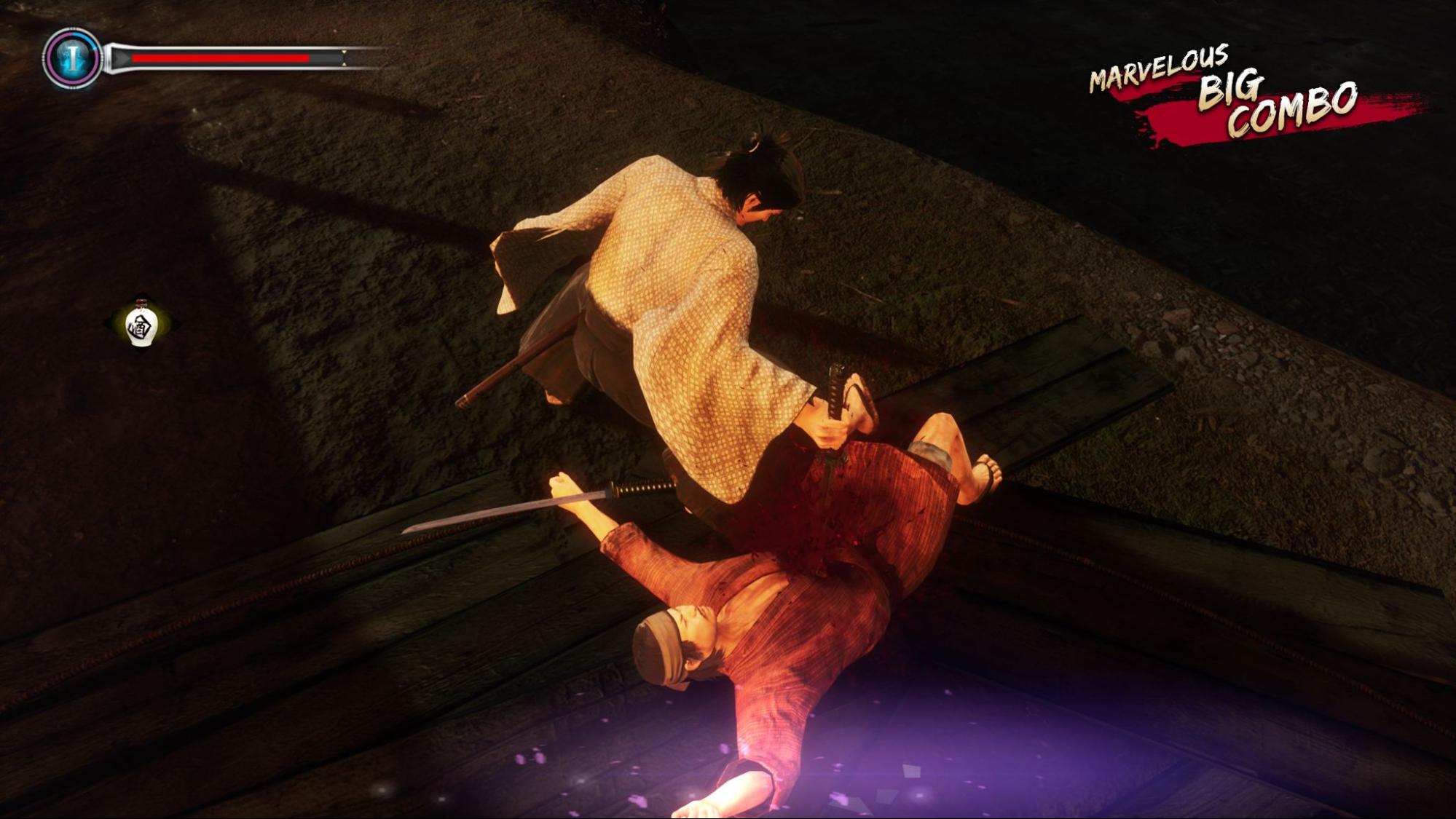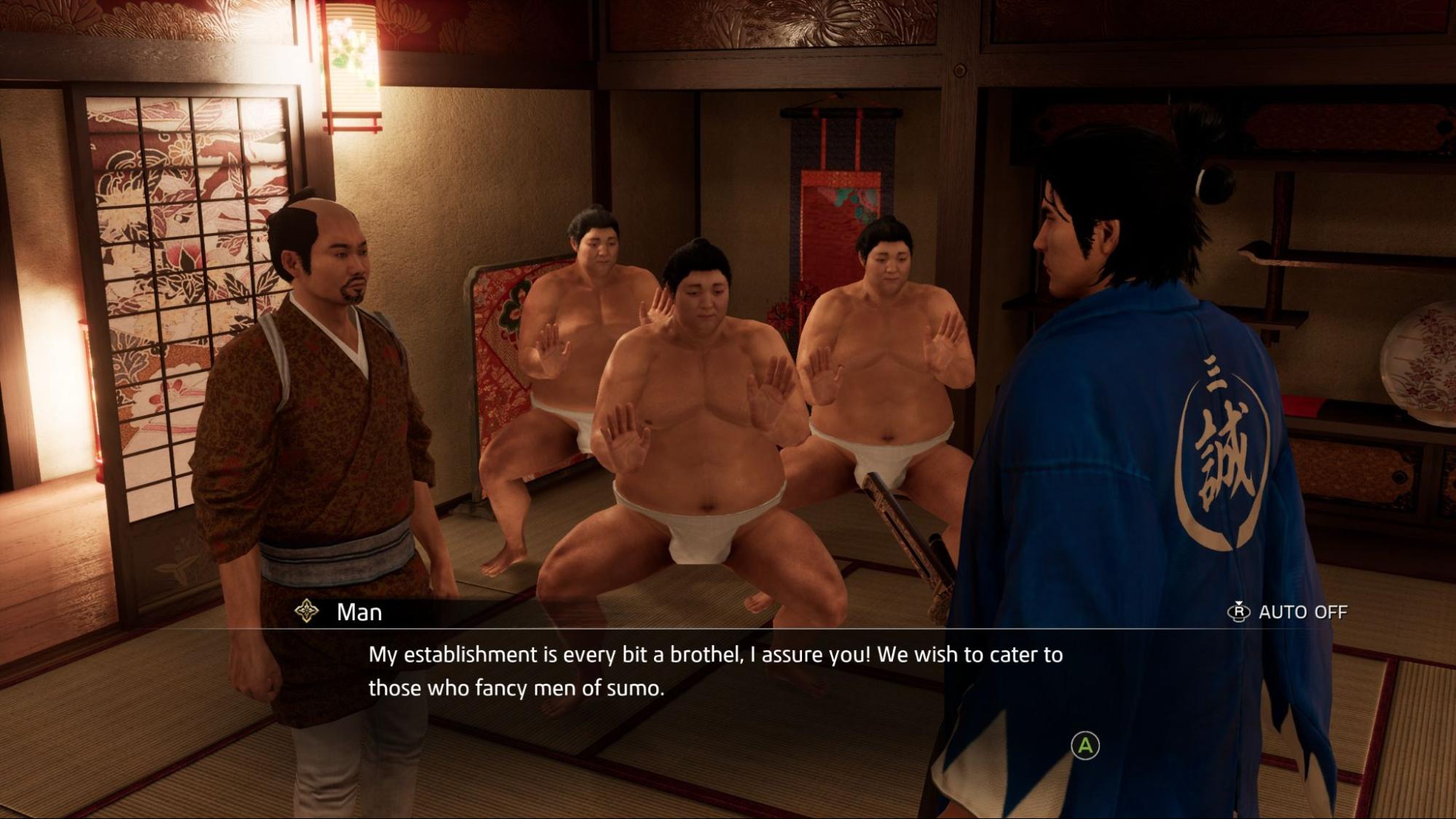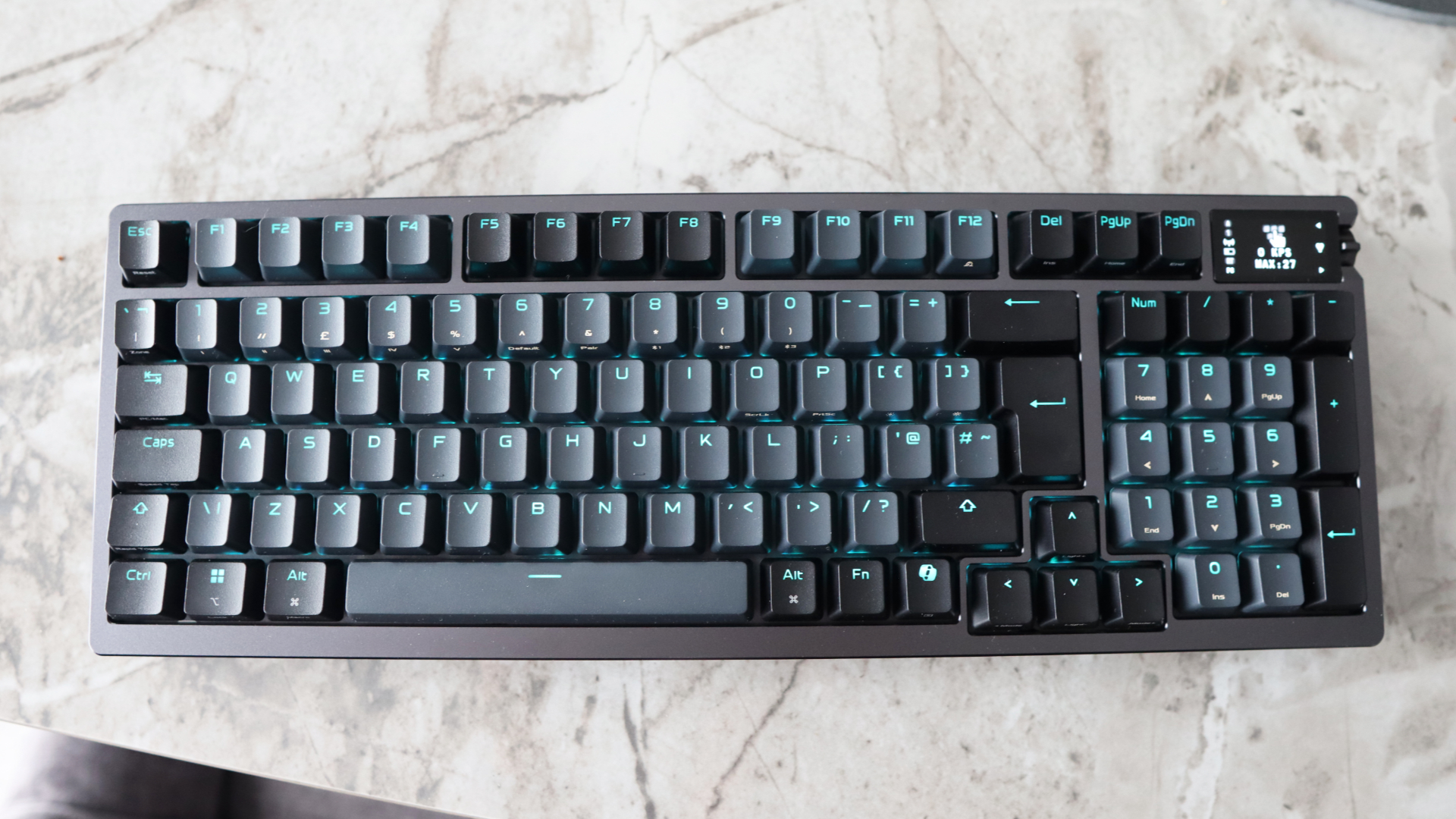Our Verdict
Old-school Yakuza for better or worse, but still a good point of entry for newcomers.
PC Gamer's got your back
What is it? Drama, brawler, RPG, life-sim. More Yakuza, basically.
Release date February 21, 2023
Expect to pay $60/£50
Developer Ryu Ga Gotoku Studio
Publisher Sega
Reviewed on Windows 11, Nvidia 2080 Ti, Intel i9-9900k @ 4.9ghz, 32gb RAM
Multiplayer? No
Link Official site
The Yakuza series (now Like A Dragon, matching its Japanese naming) has always had a flair for the dramatic, featuring digitized actors, expressive facial capture and stories befitting a good mid-budget TV thriller. With the release of Like A Dragon: Ishin!, the series doubles down on its inspirations with a period drama spinoff, recasting Kiryu and crew in a 1860s samurai story, delivering a fresh theme, but perhaps overly-familiar fun.
There's been some buzz surrounding Ishin, most of it from fans who were sure it would never come to the west. Originally a 2014 PS3 Japanese-exclusive, the version arriving now on PC (and simultaneously worldwide) is a largely-faithful remake, making some mechanical tweaks, re-casting some roles and giving it a graphical touch-up but not making any sweeping changes. This puts it in an unusual place. While the series races ahead into new territory (including going turn-based with Yakuza 7), this is a decade-old game dressed up for a modern showing. One foot in the past, but with a few modern niceties.
Old doesn't mean bad, though. If you've ever played a Yakuza game before, then Ishin is like putting on a warm and cozy (if slightly stretched) sweater, or perhaps a yukata. There's a town to explore (Kyo, now known as Kyoto), lots of weird locals to befriend, eateries to visit and street thugs to pummel into contrition. The core cast of past Yakuza games return, playing largely analogous historical roles.
He might be called Ryoma Sakamoto here, but this is unmistakably best boy Kiryu with a new haircut and the same knack for conveying the full spectrum of human emotion with a manly grunt. It's intentional typecasting in the same way that Danny Trejo is nearly the same character in almost every role he's played.
The character may be similar, but the scope of Ishin's story is a bit more ambitious than Yakuza standard. The 1860s were a busy time in Japanese history, with imperial loyalist uprisings, power-struggles between the fractious de-facto government and the looming threat of Dutch and British encroachment, and Ryoma juggles personal stakes in all of the above. It's a grand platform for the actors to shine, and the performances are gripping, especially in the main story cutscenes.
The differences in characters are interesting too, with Soji Okita (a historical reimagining of Yakuza favorite Goro Majima) getting to play a far more menacing and violent role with familiar stab-happy glee. Ryoma himself may share Kiryu's heart of gold, but he's a more worldly and focused figure, less naive and confused by his surroundings than his modern-day counterpart.
Ishin is an episodic period thriller. A murder mystery to be precise
Thanks to starting small and focused and offering a glossary of terms for reference, Ishin works as an easy starting point for the series, as it's an entirely standalone, self-contained story. What newcomers are getting here is a game of two halves. On one hand, Ishin is an episodic period thriller. A murder mystery to be precise, set in the tail end of the samurai era. It's full of compelling (subtitled Japanese) performances and dramatic twists and punctuated with real-time brawler combat similar to Shenmue. On the other hand, it's a slightly rough-edged man-about-town simulator, setting you loose on a small but incredibly dense city full of weird locals, minigames and distractions, linked through lightweight RPG mechanics—levels, skill trees and loot.
Keep up to date with the most important stories and the best deals, as picked by the PC Gamer team.
There's a little tonal whiplash where these two halves meet, as a high-pressure dash across town to catch a fleeing villain can easily be interrupted by a visibly lower-budget sidequest (seldom featuring voice acting or cutscenes), but it's a formula that has worked for ten games already, and will continue to do so. Even as I resolved to burn through the main story to hit my looming review deadline, I still frequently lost hours to idly bumbling around the city of Kyo, getting roped into minigames and side-stories.
Weapons of mass distraction
Compared to your Grand Theft Rows or your Elder Fallouts, the world of Ishin might seem tiny, but it's hard to go thirty seconds without finding something or someone interesting to get sidetracked by. While the sidequests might not be as polished as the main story arc, they're far more varied, running the tonal gamut from tragedy to screwball comedy, and frequently involving unpredictable minigames, but more often than not leaning on Ishin's combat engine. Its fights are lent additional energy by the series' traditional guitar-heavy action themes, anachronistic as it may be here.
Once again familiar to series fans, Ishin's action combat lets you freely switch between four different fighting styles. In this case, there's barehanded brawling (best for evasion), traditional samurai swordplay (huge damage, high commitment), trick-shooting with a revolver (ranged, obviously), and a hybrid sword-and-gun style that blends elements of all three for spectacular combos but lower overall damage.
While initially a bit stiff and limiting until you unlock more moves, I had a good time once I'd bulked up Ryoma's swordfighting style a little, and got a hang of what range is best to swing or thrust from. It's also pointedly unrealistic, with minibosses taking a comical number of slashes to knock down. Ryoma's revolver never needs reloading, allowing him to fan that hammer all day long—hilarious in scenes when dozens of low-HP goons surround him.
Despite the inherent wackiness of blasting thirty men in as many seconds with a six-shooter, fighting here is gorier and more brutal than Yakuza's often-slapstick combat, with enemies getting impaled, sliced or shot point-blank. This goes double for the Heat Actions, the super-bar consuming special moves that defined the tone of the series. While there's some funny and weird ones, Ryoma mostly just straight-up stabs a dude. It does introduce some ludonarrative dissonance.
It's all the more jarring (and funny) when the four bandits you just shot ten times each all get up
While Kiryu brutalized his foes, he didn't often appear to be trying to murder them. Ryoma, being a steely samurai, is no mad dog killer but also doesn't seem to concern himself with whether his opponents live or not outside of cutscenes where he refuses to land a killing blow. It's all the more jarring (and funny) when the four bandits you just shot ten times each all get up, apologize for their rudeness, give you an item and scurry off home.
One interesting mechanical difference here is the Officer system. As part of his quest to find a masked assassin that exsanguinated his adoptive father, Ryoma infiltrates the Shinsengumi, a brutal government police unit. This unlocks one of the two biggest minigames; full JRPG style dungeon crawling, clearing out bandit caves and forts free of story. It's where you'd be doing your (optional) combat grinding.
To aid this, you get to collect 'officer' cards that act like a rudimentary gacha-adjacent magic system, letting you equip and spontaneously call in healing, buffs or damage-dealing attacks. There's even a few special cards that summon characters (or animals) for spectacular finishers. It's not transformative, but it does add an interesting and customizable new layer to the combat that dovetails neatly with the optional content, even if Ryoma shooting lightning out of his hands does stretch plausibility during story fights.
Familiarity breeds context
Not nearly as glamorous or as involved as the cabaret club management of past Yakuza games, Ishin's other major distraction gives Ryoma a small farmhouse to manage. You get to plant and harvest crops, turn them into home-cooked meals and sell the excess back to the town. It's cute and relaxing and gives Ryoma a chance to bond with his teenage partner-in-farming/delivery-girl Haruka, but it feels tangential in a way that most of the minigames don't, with the farm existing outside of the regular game map and only accessible by an NPC boatman in the corner of town. I found it far easier to casually roll into an (anachronistic) karaoke bar or gambling den and enjoy the minigames there than return to the farm.
Offering a good range of graphical options and tweaks, Ishin's PC port doesn't disappoint (as we've come to expect from the series), and it's unlikely to tax your hardware either, but there is one notable problem. That persistent plague of the present-day PC platform; shader stutter. Due to the game not doing its homework up front, the first time a new effect is used, the game pauses a couple frames to process it for your specific GPU. Given that most new effects happen during dramatic fights, this can be frustrating, but it does get better over time as more gets cached. Still, it's a regular irritation that can hopefully be patched.
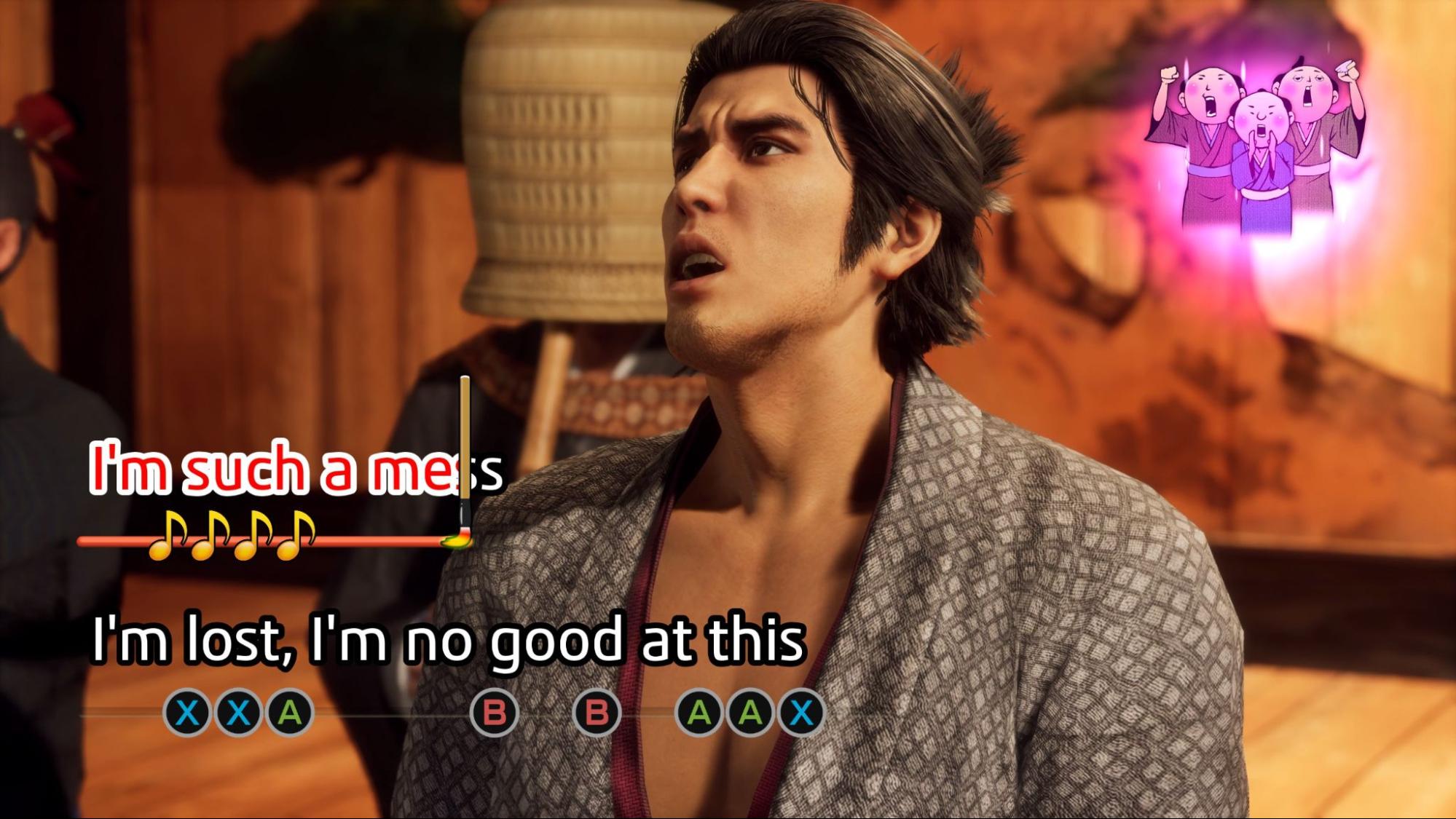
That one technical itch aside, there's little to complain about with Ishin, beyond it feeling a little bit dated. The key problem it faces is a value proposition. This is a series with eleven English-language entries released in the past five years on Steam alone. Many of them are great, and most can be picked up for a pittance, compared to Ishin's full-fat price tag. While an equally solid starting point to the series as Yakuza Zero or Kiwami, those are two $20 games frequently discounted down to mere pocket-change.
Is Like A Dragon: Ishin! a good game? Yes. Is it a good Yakuza game? Definitely. Do I recommend it? If price isn't a concern, absolutely. But if you're a person with limited time or funds, then unless you're a long-time series fan absolutely fiending for more macho urban drama (with a historical twist), you might want to look elsewhere in the series, unless the samurai theme speaks directly to you
Old-school Yakuza for better or worse, but still a good point of entry for newcomers.

The product of a wasted youth, wasted prime and getting into wasted middle age, Dominic Tarason is a freelance writer, occasional indie PR guy and professional techno-hermit seen in many strange corners of the internet and seldom in reality. Based deep in the Welsh hinterlands where no food delivery dares to go, videogames provide a gritty, realistic escape from the idyllic views and fresh country air. If you're looking for something new and potentially very weird to play, feel free to poke him on Bluesky. He's almost sociable, most of the time.
